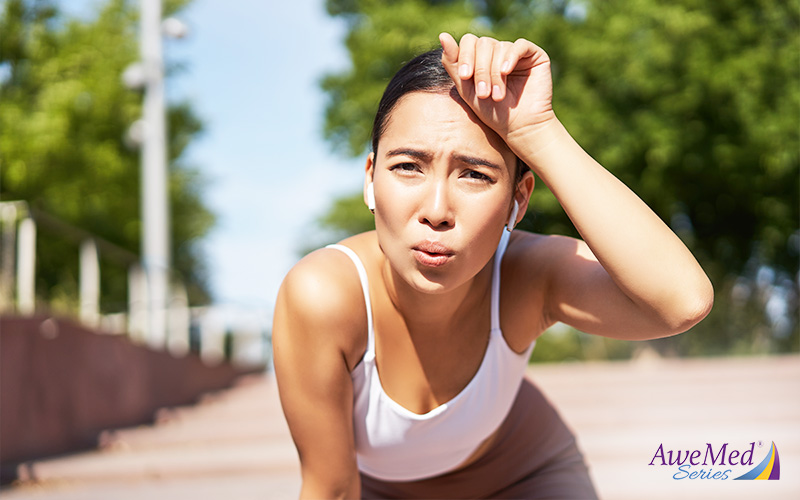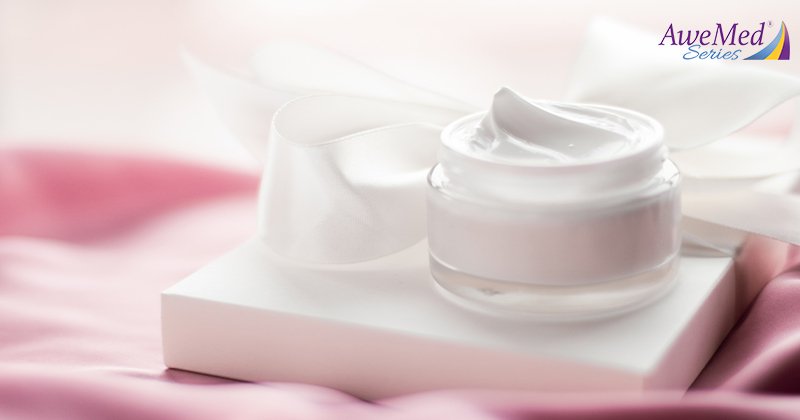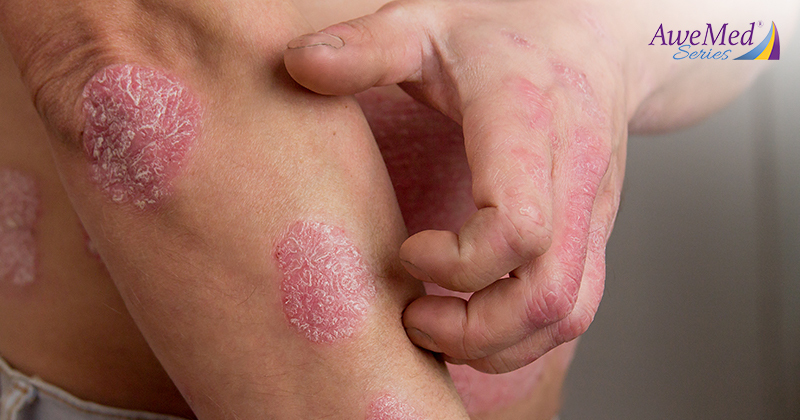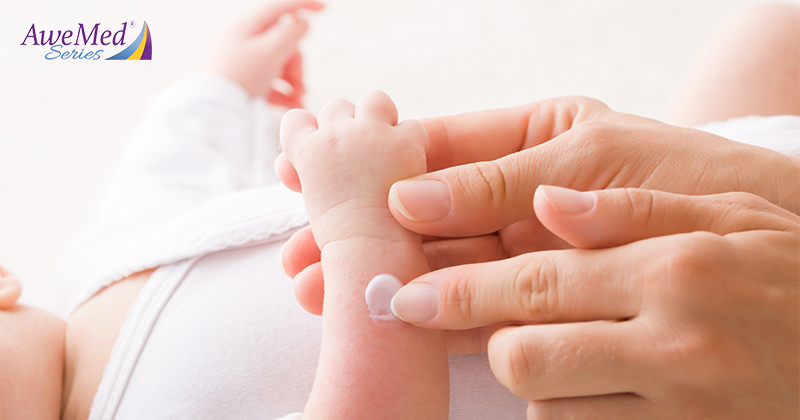
Temperature and humidity fluctuations caused by seasonal changes can trigger eczema flare-ups in those who suffer from the condition. While we don’t get the winter, spring, summer, and autumn seasons in Singapore, the hot, very hot, and rainy weather can still affect your skin. Learn more about the impact your environment has on you and pick up some eczema care tips for our changing weather below.
Learn More: Condition Deep Dive: 5 Common Types of Eczema in Singapore
How Does Weather Trigger Eczema?
Think that only cold and dry weather in temperate climates can cause dryness and exacerbate eczema symptoms? That’s only partly true. Low humidity and temperature do dry up your skin through transepidermal water loss. While hot and humid weather doesn’t lead to the loss of moisture, it is equally capable of increasing skin sensitivity and triggering flare-ups.

When you’re out and about, whether commuting for school or work, or heading out for leisure, you’ll most likely begin to sweat within minutes of stepping out. Sweat, which contains salt, can be irritating to sensitive skin or skin with compromised barriers (i.e. eczema-prone skin). When sweat lingers on your skin and doesn’t evaporate due to the high humidity levels in Singapore, it can mix with your body’s natural oils and dead skin cells, resulting in inflammation or even clogging your sweat glands to cause heat rash. These are issues that may worsen eczema conditions.
But that’s not all. The abundant sunlight we receive all-year-round may also pose problems to those with eczema. While there is scientific evidence surrounding the use of ultraviolet light, both UVA and UVB wavelengths, for eczema treatment, excessive exposure to the sun can still damage your skin and exacerbate symptoms.
How to Prevent the Weather From Affecting Your Skin
1. Moisturize Regularly
Moisturizers contain ingredients that aid in locking in moisture, such as humectants, occlusives, and emollients. Keeping an eczema relief moisturizer around and reapplying it every now and then replenishes your skin’s water content by drawing moisture from within your dermis. It also fortifies your skin’s hydrolipidic film, which is the protective barrier responsible for fending against external elements and transepidermal water loss.
Moreover, the more hydrated your skin is, the less likely it is to clog, therefore preventing sweat and dirt from blocking your sweat glands and causing heat rash.
2. Avoid the Sun

As mentioned above, prolonged exposure to the sun and excessive sweating can irritate your skin and trigger eczema flare-ups. To prevent skin irritation related to the hot weather, stay indoors as much as possible and avoid activities that will cause you to sweat. If you must head outdoors, take steps to maintain a clean and hydrated skin throughout the day. For example, wiping down with a cool towel and immediately reapplying a moisturizing sunscreen.
3. Take Lukewarm Showers
Feeling hot and sweaty? Hop into the bathroom for a quick shower in lukewarm water. Hot and cold water can irritate your skin, but lukewarm water is gentle and may even improve your skin’s ability to absorb moisture. Make sure you’re using an eczema body wash to prevent cleansing ingredients from hurting your skin further.
4. Dress in Lightweight Fabrics
Rough or tight clothing made of certain materials, such as polyester and nylon, can irritate your skin. Dress in natural materials and in loose clothing to keep yourself cool in hot and humid Singapore. Some materials to consider include cotton (preferably 100%), bamboo, and genuine silk.
While Singapore doesn’t experience dramatically different weather conditions, it is still important to manage your eczema symptoms to reduce your risk of flare-ups.
Equip yourself with the right eczema products to keep your skin in good health. AweMed Series carries a range of eczema creams and body washes to help you care for your skin. Shop here.
References
Sensitive Skin Irritation from Sweat. (2022b, August 17). Simple® Skincare. https://www.simple.co.uk/skin-triggers/sweat-and-exercise.html
How to stop sweating in humidity and conquer the heat. (n.d.). Thompson Tee. https://thompsontee.com/blog/sweating-in-humidity-how-to-get-through-the-hottest-time-of-the-year/
Developers, B. (2023, February 22). Phototherapy. National Eczema Society. https://eczema.org/information-and-advice/treatments-for-eczema/phototherapy/
Karey. (2022, September 22). Sun exposure and eczema: Does reduced UV-B exposure contribute to an increase in atopic dermatitis? National Eczema Association. https://nationaleczema.org/blog/sun-exposure-and-eczema/
Eucerin. (n.d.). EUC-INT-ph5-2017_ABOUT-SKIN_skins-protective-barrier_00_header_c. https://int.eucerin.com/about-skin/basic-skin-knowledge/skins-protective-barrier
Mfa, R. J. S. (2022, August 31). What to know about your skin barrier and how to protect it. Healthline. https://www.healthline.com/health/skin-barrier
Manalo, D. (n.d.-b). 7 Ways Drinking water helps improve skin: Pure luxe medical: Medical spa. https://www.pureluxemedical.com/blog/7-ways-drinking-water-helps-improve-skin
National Eczema Association. (2022b, March 14). Bathing and Eczema | National Eczema Association. https://nationaleczema.org/eczema/treatment/bathing/
Developers, B. (2021, October 20). Clothing and eczema. National Eczema Society. https://eczema.org/information-and-advice/triggers-for-eczema/clothing-and-eczema/



